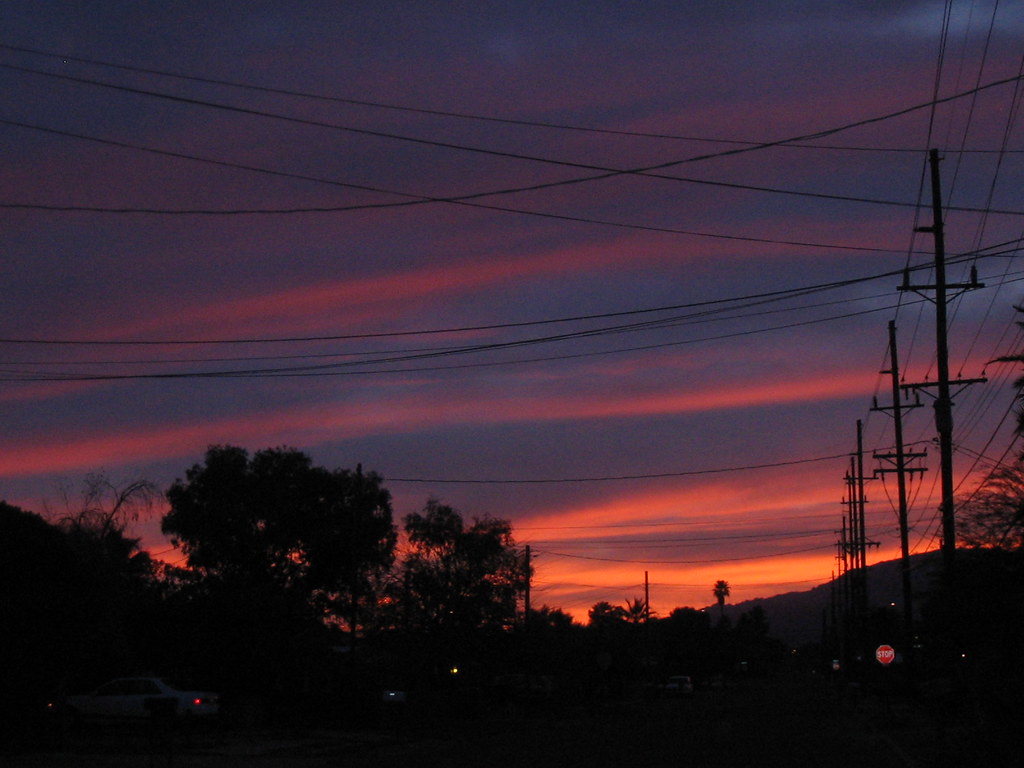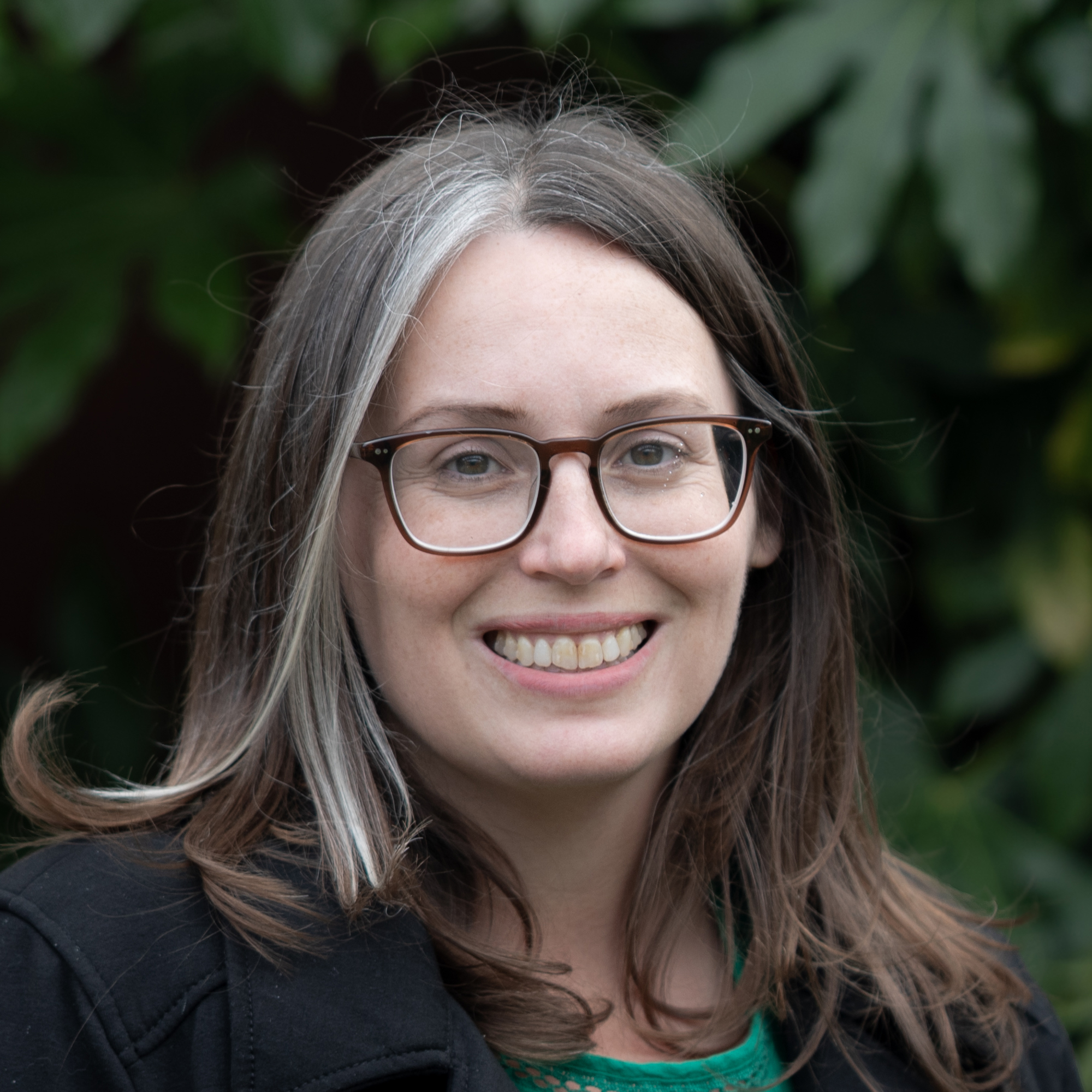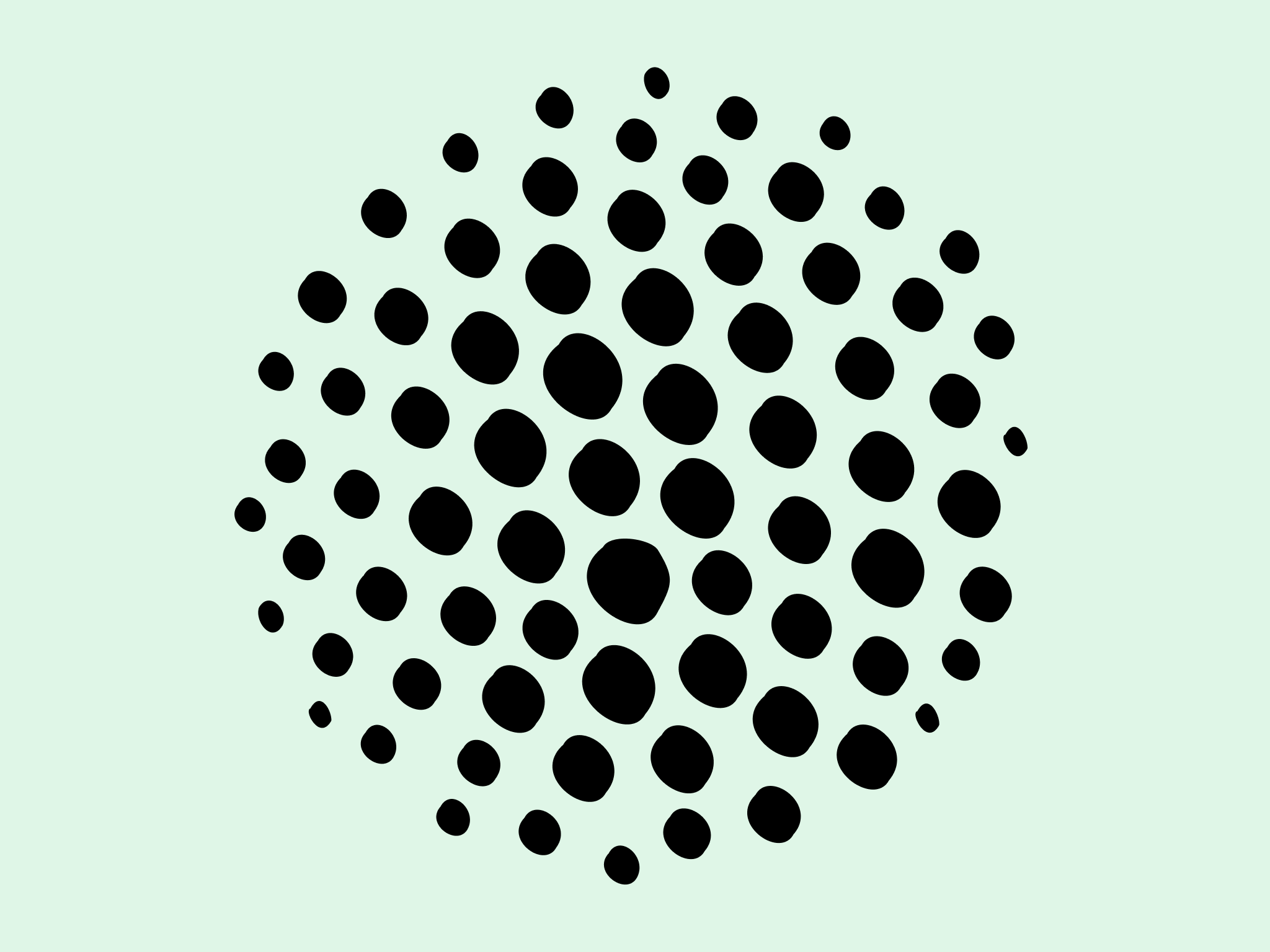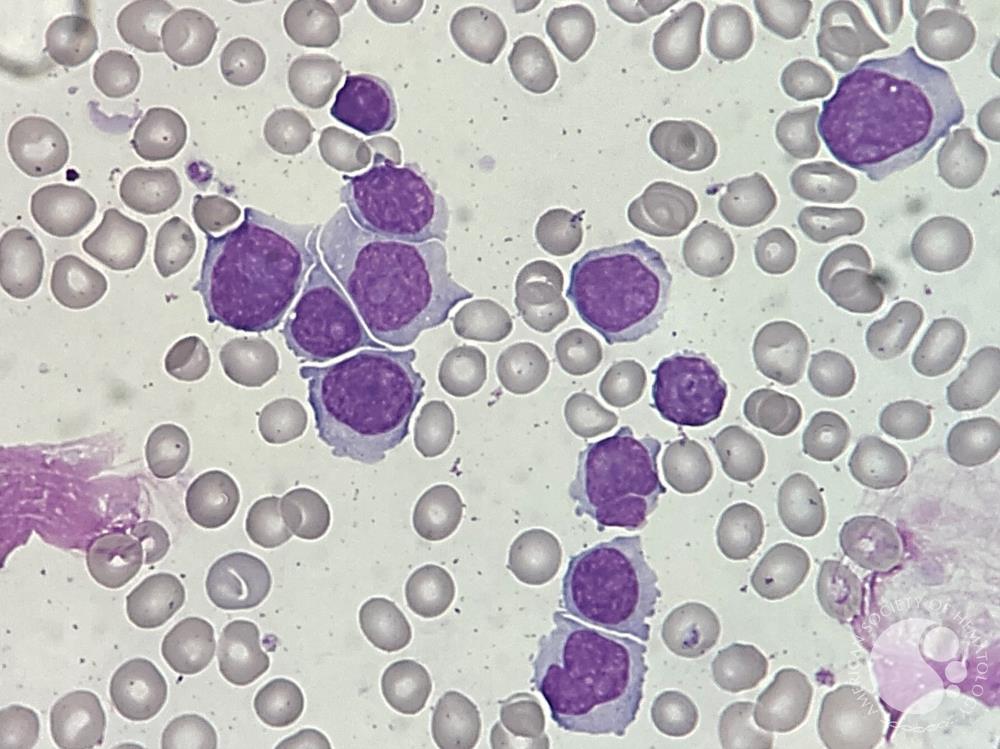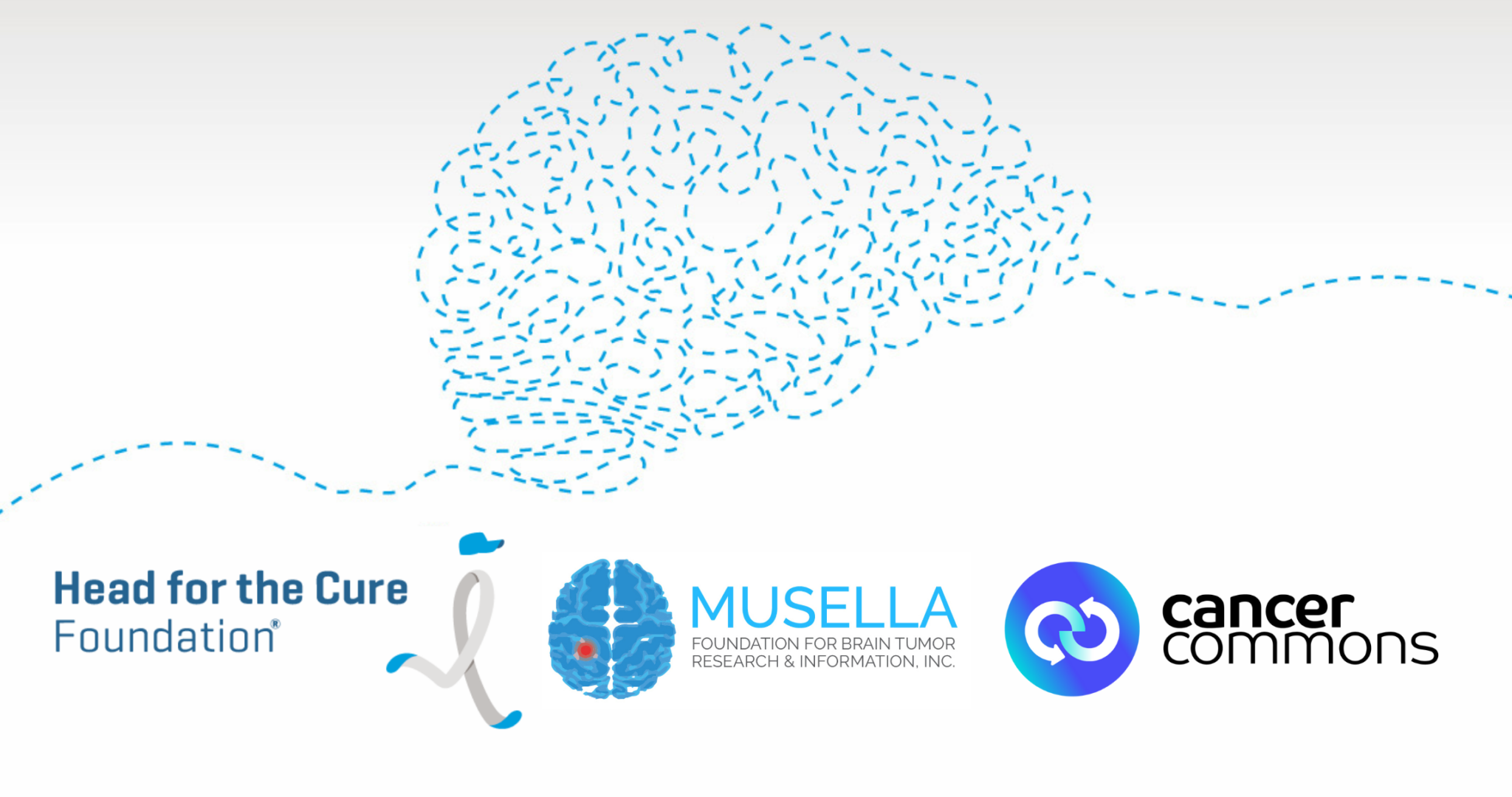Could boosting the benefits of immunotherapy for cancer patients be as simple as scheduling it earlier in the day? Here, our Curious Dr. George asks Cancer Commons Scientist Amanda Nottke, PhD, about the latest insights into this compelling question.
Curious Dr. George: Immunotherapy is a unique modality in that it stimulates the body’s immune system to attack the cancer. Circadian rhythms affect many biological systems, including the immune system. Given this, what do we know about how immunotherapy treatment timing relates to its efficacy?
Amanda Nottke, PhD: There is compelling evidence that cancer immunotherapy may work significantly better when given earlier in the day. This has major implications for clinical care as it indicates an easy, safe, and highly beneficial adjustment to treatment plans.
A few years back, clinicians noted something very interesting: people who usually got their immunotherapy treatment in the morning seemed to have a much better anti-cancer response and lived longer than people who usually got their treatment later in the day. It was striking, but perhaps not that surprising as it has long been known that the human immune system is affected by time-of-day, with increased immune activation in the mornings. However, an initial observation in the clinic is only the starting point; it is critical to further test and validate with appropriate research studies.
Fortunately, lots of data already exists from real-world patient experiences. Any time a person receives their immunotherapy and their outcome is recorded, researchers can look back to test hypotheses about things that may be improving (or worsening) those outcomes. These are called retrospective studies, and multiple of these can be combined into a statistically more powerful meta-analysis.
In 2024, a meta-analysis was done that combined the data from 13 different retrospective studies including 1,663 patients with metastatic non-small cell lung cancer, melanoma, kidney, bladder, or esophageal cancers. These participants had all received PD1/PDL1 immunotherapies (e.g., Opdivo, Keytruda), and some also received CTLA4 immunotherapy (e.g., Yervoy). This study found that on average, the earlier-time-of-day group lived twice as long as compared to the later-time-of-day group. For context, this is a significant and impressive effect, as the U.S. Food and Drug Administration (FDA) has approved cancer treatments with much weaker improvements over standard of care.
With this study, there is some challenge in interpretation because the 13 studies included in the analysis used different definitions of “early” versus “late” for their cut-offs. For example, one study defined “early” as receiving 25% or more of the total treatments before 1pm, whereas another study defined “early” as receiving 80% or more of the total treatments before 4pm. While the effect of “early” being associated with better outcomes is clear, based on this study it is hard to make any specific recommendation on how early is early enough, and what percentage of treatments should be at or before this time. Because none of the studies required all treatments to be in the morning, it is also undetermined what the true effect size is of morning administration—it could be even more significant!
While this is very promising, there are important caveats to consider with retrospective studies. Because these studies are not planned in advance to make sure the two groups being compared are similar other than the time of day they got their immunotherapy, there may be differences (“confounders”) that impact the results independently of the variable we think we are testing. In this case, it could be that people who had their immunotherapies earlier in the day tended to have certain characteristics that also improved their likelihood of a good response (e.g., age, employment status, better overall health, etc.).
Looking ahead, the gold standard for evidence is a prospective clinical trial, where the study is planned ahead of time such that the two groups are similar in all ways other than a random assignment of either earlier or later immunotherapy treatment. Encouragingly, a prospective trial in metastatic non-small cell lung cancer has already reported very similar results to the meta-analysis, using a cut-off of all 4 initial treatments before 3pm. Combined with the meta-analysis findings, this strengthens our overall confidence in the effect. The caveat here is that this study is running at a single hospital in China, so ideally there are future studies across a broader population.
So, what do we confidently know at this point?
- In studies of metastatic non-small cell lung, melanoma, kidney, bladder, and esophageal cancer, people who received most of their immunotherapy treatments earlier in the day had better outcomes (i.e., longer time before progression and longer lifespan) than people who had most of their treatments later in the day.
What don’t we yet know?
- What time specifically to use for a cut-off, and what percentage of treatments should be before that time
- If this effect holds for other cancer types
- If this is also relevant for earlier-stage disease, e.g., pre- or post-surgery for resectable cancers where immunotherapies are used (one recent study in the adjuvant setting showed a more modest effect with reducing risk of progression)
- If this effect would be true for other types of cancer immunotherapies (e.g., CAR-T, personalized vaccines)
- If there are certain types of people who may be more or less responsive to this effect, e.g., certain ages, genders, etc.
We urge researchers to continue to explore these questions, and in the meantime make the following recommendation for patients and clinicians:
- Given the strength of available evidence for earlier administration in certain metastatic cancer types (lung, melanoma, kidney, bladder, esophageal), and that there is no known or plausible risk or negative impact of morning scheduling regardless of cancer type, cancer patients who are receiving immunotherapies should consider requesting as many of their treatments as possible be scheduled in the mornings or early afternoon (before 3pm).
Dr. Nottke can be reached at Oncology@cancercommons.org.
